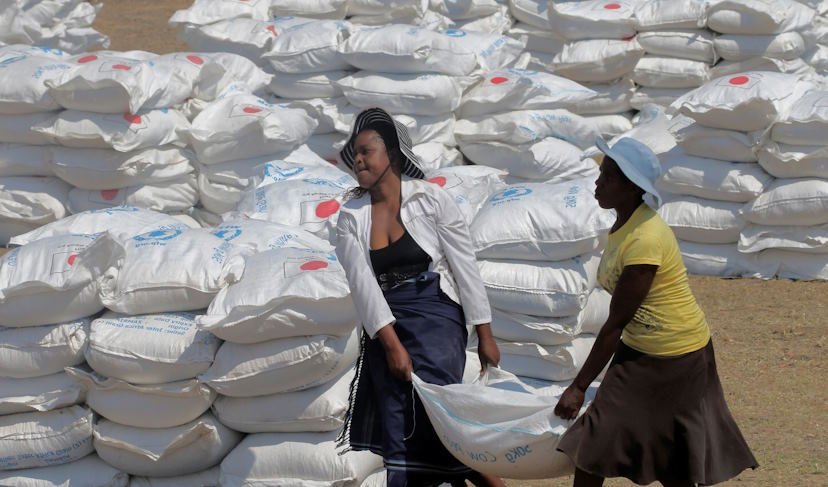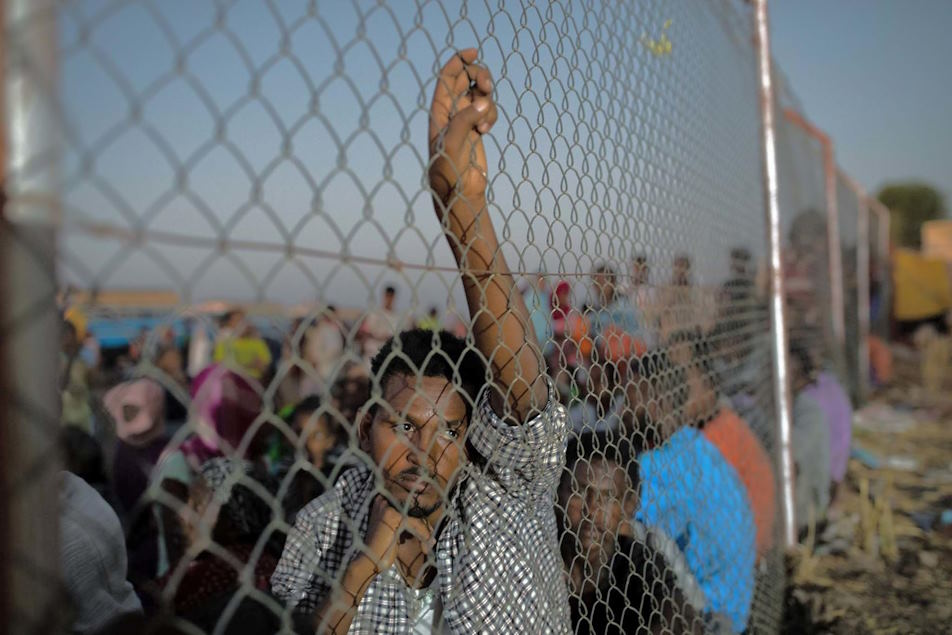Foreign aid plays a crucial role in shaping the destinies of impoverished nations, offering hope and opportunities for development and progress. As wealthy countries and international organizations extend their support to the less fortunate, it becomes imperative to examine the effects of such aid on governance and political stability in recipient countries. The interplay between foreign aid, governance structures, and political dynamics can be complex, yielding both positive transformations and unforeseen challenges.
Aid and Political Stability in Poor Countries
Studies of aid-driven political instability
- Resource curse phenomenon and its relation to aid:
In many poor countries, an unfortunate paradox arises where an abundance of natural resources fails to translate into economic prosperity and political stability. Termed the “resource curse,” this phenomenon occurs when countries heavily reliant on resource exports, such as oil, diamonds, or minerals, experience heightened political instability despite the influx of aid. Foreign aid, often intended to promote development, can inadvertently exacerbate the resource curse. Mismanagement, corruption, and the concentration of wealth within a select elite can fuel tensions, leading to internal conflicts and even civil wars.
- Examples of aid-induced conflicts and instability:
Several case studies highlight how foreign aid, despite its well-intentioned purpose, has inadvertently fueled political instability in poor countries. For instance, in Country X, generous foreign aid aimed at bolstering economic development inadvertently fell into the hands of corrupt officials, widening the socio-economic gap and triggering public discontent. This, in turn, sparked protests and political unrest, culminating in violent clashes between factions seeking control over resources and power. Similarly, in Country Y, the influx of humanitarian aid created competition among armed groups for control over distribution, leading to violent confrontations and undermining the country’s political stability.

Positive effects of aid on political stability
- Aid as a catalyst for peacebuilding and conflict resolution:
Despite the challenges, foreign aid has also demonstrated its potential to promote political stability and peace in poor countries. Aid can support conflict resolution efforts by funding peacebuilding initiatives, facilitating negotiations between warring parties, and providing essential humanitarian aid to affected populations. By addressing the root causes of conflicts and investing in sustainable peacebuilding measures, aid can contribute significantly to stabilizing politically fragile regions.
- Aid fostering institutional capacity and state-building:
Foreign aid can play a pivotal role in bolstering institutional capacity and state-building processes in poor countries. By providing financial and technical support, aid can strengthen government institutions, enhance public services, and promote accountable governance. This, in turn, helps establish a more stable political environment conducive to economic growth and development.
Aid and Governance Quality in Poor Countries
The role of aid in influencing governance structures
- Conditional aid and its impact on governance reforms:
Foreign aid often comes with conditions attached, aiming to ensure that the funds are utilized effectively and that governance reforms are implemented. While conditional aid can be a powerful tool to incentivize positive changes in governance, it also raises concerns. In some cases, recipient countries may feel pressured to adopt specific policies that align with donor interests, potentially compromising their sovereignty. Striking the right balance between conditionality and recipient ownership is essential to foster sustainable governance reforms that reflect the needs and aspirations of the local population.

- Aid and democratic governance: challenges and opportunities:
Aid can significantly impact democratic governance in poor countries. On one hand, aid can strengthen democratic institutions, support free and fair elections, and promote civic engagement. On the other hand, the influx of aid may inadvertently weaken democratic processes by creating dependency, empowering non-elected actors, and undermining local accountability mechanisms. To maximize the positive impact on democratic governance, donors must work collaboratively with local stakeholders, respect democratic principles, and prioritize long-term capacity-building efforts.
Corruption and aid effectiveness
- Addressing corruption in aid allocation and implementation:
Corruption remains a significant obstacle to effective aid utilization and good governance in poor countries. When aid funds are siphoned off or misappropriated, the intended beneficiaries suffer, and development objectives are compromised. To tackle corruption, both donors and recipient governments must prioritize transparency and accountability. Implementing stringent monitoring and evaluation mechanisms, encouraging citizen participation, and supporting independent oversight bodies are vital steps in combating corruption and ensuring aid reaches those who need it most.
- Strategies for promoting transparency and accountability in aid utilization:
Promoting transparency in aid allocation and implementation is crucial to improving governance quality. Donors should disclose information about aid disbursement, project selection, and evaluation results. Open data initiatives can empower citizens to hold their governments accountable and demand better governance practices. Additionally, capacity-building programs that focus on financial management, procurement procedures, and anti-corruption measures can strengthen governance structures and enhance aid effectiveness.

